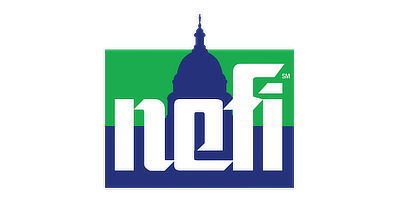According to CNN and other news sources, the Trump Administration is preparing to eliminate the Environmental Protection Agency’s (EPA) ENERGY STAR® program, a public-private partnership certifying energy efficient consumer appliances like air conditioners, heat pumps, furnaces, boilers, refrigerators and washing machines.
NEFI and other industry groups have asserted that the Biden Administration initially tried to leverage the ENERGY STAR® certification process as a weapon to attack oil- and gas-fired furnaces and burners to meet its objective of decarbonizing the economy by forcing adoption of electric powered products such as heat pumps that are less energy efficient and more expensive than alternatives currently on the market.
NEFI’s comments on a 2023 EPA proposal to exclude furnaces (and potentially boilers) from the ENERGY STAR® program argued that, rather than eliminating these products from the program, the EPA should require that they be designed for use with high blends of renewable fuels. NEFI also suggested that the agency develop a specification for hybrid systems that use electrification and biofuels in tandem to achieve its goal of decarbonizing appliances. The administration ultimately embraced these suggestions – a huge win for NEFI and the industry.
Last month, NEFI wrote to EPA administrator Zeldin to highlight concerns over the previous administration’s attempt to purge non-electric heating systems from ENERGY STAR®. NEFI also requested that the specification for oil-fired boilers include the same biofuel-compatibility language as the furnace specification.
It is unclear whether the administration has the legal authority to terminate the ENERGY STAR® without Congressional authorization. Both Republicans in Congress and the Trump Administration during its first term floated the idea of privatizing the program. This idea is controversial, especially if it is folded into a non-governmental program like the Consortium for Energy Efficiency (CEE). The CEE is dominated by utility interests and does not currently set “best in class” efficiencies for oil-fired systems.
ENERGY STAR® costs about $30 million per year and its supporters estimate that it has helped save consumers over $500 billion in energy costs since its inception under President George H.W. Bush in 1992. More than 1,000 businesses recently petitioned the EPA to preserve the program. NEFI continues to monitor developments closely.

 Admin - 11:00 am -
May 13th, 2025
Admin - 11:00 am -
May 13th, 2025 







